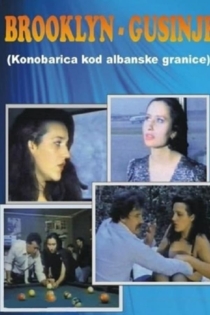
Želimir Žilnik
1942 (83 года)Želimir Žilnik is a Serbian film director and one of the major figures of the Yugoslav Black Wave. He is noted for his socially engaging style and criticism of censorship that was commonplace during the Yugoslav communist era. Subsequently, following the abolition of communist one-party system, he was an outspoken critic of Slobodan Milošević-led regime in Serbia.
Description above from the Wikipedia article Želimir Žilnik, licensed under CC-BY-SA, full list of contributors on Wikipedia.
Dunavska sapunska opera
Želimir Žilnik
Ljilja Dinić, Sofija Petaković
Villagers of Kovilj grow cattle on the Danube islands. Marko, an owner of ten horses, around twenty cows and other cattle is a good friend with a Roma named Kamer, who helps him sell the cattle at local fairs. Željko, a young horse breeder leads the villagers when they try to save the cattle in the spring of 2006 from the big flood. An attractive waitress Ana rivets attention of the young men from Kovilj. Life and work close to the Danube connect the Roma people and the locals, and together they show up at the village gatherings (birthdays, patron saint’s days). After unsuccessful emotional relationships, Ana and a couple of her friends decide to leave the village and seek happiness on the other bank of the Danube.
Danube Soap Opera
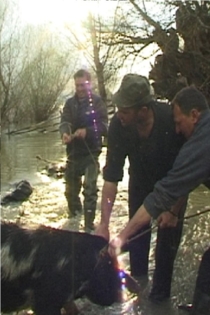
Druga linija
Nenad Milošević
Karpo Aćimović-Godina, Slavko Bogdanović
Druga linija aka The Other Line is a product of many years of research of neo-avant-garde cultural and art scene in Novi Sad, Serbia (late 60s and 70s), which has been marginalized until today. This artistic movement was directly connected not only with important art centers of the former Yugoslavia, but also with existing flows of world art during its brief and productive activities (7e Biennale de Paris, 19th Berlinale). The cultural and artistic emancipation of that time had implied individual freedom of expression and strong reaction to established boundaries. This avant-garde movement had become threat to communist establishment, the authors' work were sabotaged, the films were sealed off, five artists were taken to trial, two were sent in prison. How is it that the retrograde mechanism of shutting down and removing the most creative and representative progressive impulses of our surrounding is still so current to this day?
The Other Line

Zabranjeni bez zabrane
Milan Nikodijević, Dinko Tucaković
Dušan Makavejev, Lazar Stojanović
Through the conversation with Yugoslav film authors and excerpts from their films, this documentary film tells a story of a film phenomenon and censorship, and its focus is, in fact, a painful epoch of Yugoslav film called “a Black Wave”, which was the most important and artistically strongest period of Yugoslav film industry, created in the sixties and buried in the early seventies by means of ideological and political decisions. The film tells a great “thriller” story of the ideological madness which characterised the totalitarian psychology having left multiple consequences felt up to our very days. It stresses similarities between totalitarian regimes defending their taboos on the example of the persecution of the most important Yugoslav film authors. Those film authors have, however, made world careers and inspired many later authors. The film is the beginning of a debt pay-off to the most significant Yugoslav film authors.
Censored without Censorship
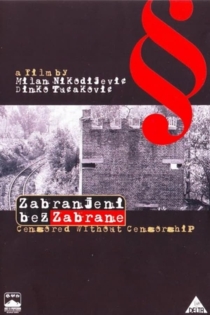
Stanimir silazi u grad
Želimir Žilnik
An aging highlander from the village of Kremna, on Tara mountain, heads for Belgrade accompanied by a ninety-three year old war veteran. He wants to find out what happened to his request for the reconstruction of his water mill, which is 300 years old and was destroyed in a storm a while ago. The two old men wisely and calmly accept their losses.
Stanimir Descending

Žurnal o omladini na selu, zimi
Želimir Žilnik
Story follows a weekend in a village where young adults after a hard working week let there steam off in taverns eating, drinking, singing, breaking glasses and occasionally other things every Sunday.
Newsreel – Showing the Life of Village Youth

Pioniri maleni, mi samo vojska prava, svakog dana nicemo ko zelena trava
Želimir Žilnik
Pirika Čapko
In SFRJ, the state officially takes care of all it's citizens. Every child is a good little pioneer. However, in reality no one (especially not the state) takes care of Roma and many other poor kids leaving them to poverty and the streets.
Little Pioneers
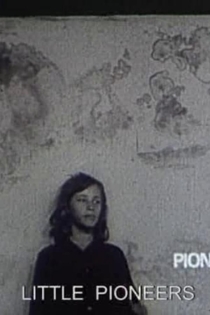
Taiwan Canasta
Goran Marković
Boris Komnenić, Ivona Marinkov
A frustrated and unemployed architect experiences flashbacks of his youth and 1968 protests while the life passes by. Unable to adapt and to accept the reality, he’s constantly getting into conflicts with the people around him.
Taiwan Canasta
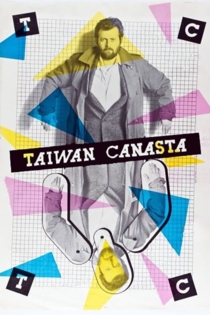
Destinacija_Serbistan
Želimir Žilnik
Illegal immigrants and asylum seekers in Serbia, placed in asylum centers after their dramatic journeys from war-torn and poverty-stricken areas of North Africa, Near and Middle East go through a period of adaptation to life and social circumstances in Serbia. In most cases, however, their goal is to reach one of the EU countries. Docu-drama is a space for them to, beside the socio-political context in which they found themselves, show their individual values, becoming heroes that viewers can identify with and whose destiny and struggle they can understand.
Logbook_Serbistan
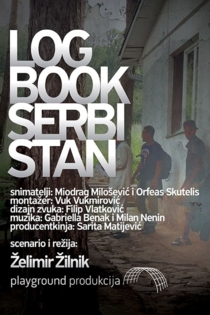
Stara mašina
Želimir Žilnik
Boris Nin, Rahela Mačić
The aged rocker Igor works as a journalist and DJ at the "Radio Student" in Ljubljana. He notices that the janitor Miha works for the police, tapping the walls and observing the journalists who are critical of the regime. After a clash with his editor, Igor decides to leave for Greece by his old bike DKW from 1938, via Bosnia and Serbia. Young Rahela joins him on the trip. Traveling through Yugoslavia, Igor becomes involved in unexpected turmoil: Milosevic's "antibureaucratic revolution" starts in Serbia and Vojvodina.
Oldtimer
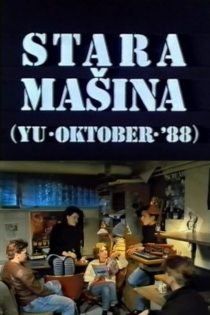
Kenedi se vraća kući
Želimir Žilnik
Kenedi Hasani, Denis Ajeti
The first film in what would ultimately become Zilnik’s famed Kenedi trilogy follows street hustler Kenedi Hasani and his friend as they roam the streets of Serbia seeking Kenedi’s parents. Kenedi Goes Back Home is Zilnik’s account of the Roma people who were forced to flee from the war in the Balkans to Germany in the 1990s and who, ten years later, are forced against their will to return to Serbia. Zilnik shows the immigrants' lives in relation to the prevailing ideology shaped today by the borders between rich and poor and by the often-racist selection process that determines who will be accepted into Western Europe. In presenting the dilemmas and identifying the crises these people face, he appeals for a solution.
Kenedi Goes Back Home
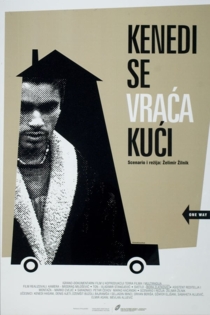
Pirika na filmu
Želimir Žilnik
Pirika Čapko, Teodora Tabački
Pirika travels to Berlin to visit her daughter Dobrila and her grandchildren, whom she's never seen. Dobrila, a lesbian, avoids her mother, however, because she doesn't want to tell her the full truth about her children. Everything is resolved at a German film retrospective, where Pirika plays the role of her life. A docudrama about the autumn of life of one of the leading protagonists of Zilnik's film Early Works.
Pirika on Film
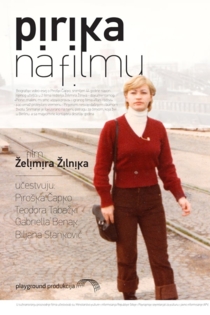
Crni film
Želimir Žilnik
Želimir Žilnik, Luka Bauer
Director invites six homeless men to his flat for a few days (surprising his wife). He asks officials and people on the street if someone can help them, this being SFRJ, a state officially without those left on their own.
Black Film

Bruklin - Gusinje
Želimir Žilnik
Ivana Žigon, Lidija Stevanović
Young seamstress Ivana leaves work in the tailor shops in Novi Pazar and accepts an offer to be a waitress in a private cafe in Gusinje, Montenegrin town on the Yugoslav-Albanian border. She meets a waitress with whom she becomes fast friends. Brothers Skeljzen and Becir come to Gusinje from New York for the holidays and meet with the waitresses, starting a love affair. Young men promise the girls marriage and going to America.
Brooklyn - Gusinje
